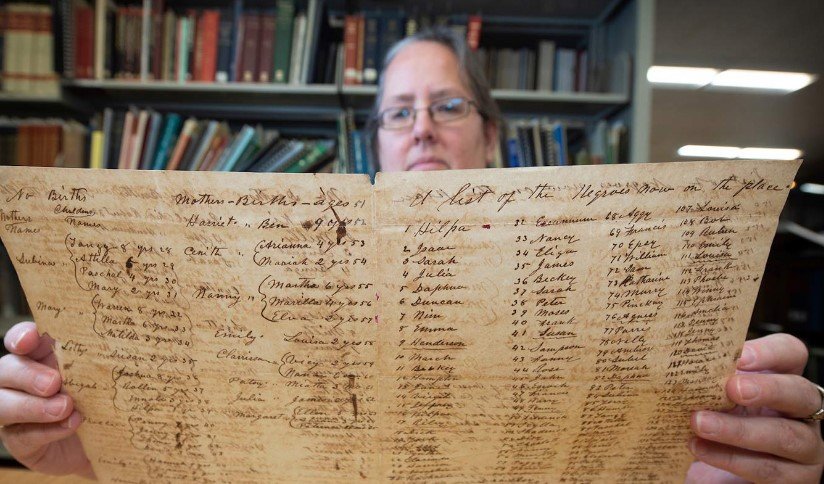Erica L. Woodford, the first African American Superior Court Clerk in Bibb County, Georgia, will be speaking about her Enslaved People Project during an upcoming archives program. This project, which has been a decade-long labor of love for Woodford, involves the digitization and preservation of slave records from Macon-Bibb County. The initiative aims to make these historical documents accessible to the public, shedding light on the lives of enslaved individuals and their contributions to the region’s history. The archives program will provide an in-depth look at the project’s progress and its significance.
The Genesis of the Enslaved People Project
The Enslaved People Project began in 2013 when Woodford discovered records of slave transactions in old county deed books during a routine office inventory. This discovery led her to partner with Mercer University’s Department of Africana Studies and the university’s library to secure grant funding for the project. Over the years, the project has cataloged nearly 1,000 deeds and other court records involving enslaved people from 1823 to 1865.
Woodford’s dedication to the project stems from her desire to preserve and share the rich history of the African American community in Macon-Bibb County. By digitizing these records, she hopes to provide a valuable resource for researchers, genealogists, and the general public. The project also aims to honor the memory of the enslaved individuals whose lives and contributions have often been overlooked in historical narratives.

The digitization process has been meticulous, involving the careful scanning and indexing of each document. This ensures that the records are preserved for future generations and can be easily accessed online. The project has also involved extensive collaboration with students and volunteers, who have played a crucial role in the cataloging and digitization efforts.
The Importance of Preservation and Accessibility
Preserving historical records is essential for understanding and appreciating the past. The Enslaved People Project not only safeguards these valuable documents but also makes them accessible to a wider audience. By providing online access to these records, the project allows individuals from around the world to explore the history of slavery in Macon-Bibb County and gain insights into the lives of the enslaved people who lived there.
Accessibility is a key aspect of the project. The online database is designed to be user-friendly, allowing users to search for specific records or browse through the collection. This ease of access is particularly important for researchers and genealogists, who can now conduct their work more efficiently. The project also includes high-quality images of the original documents, providing a visual connection to the past.
Woodford’s efforts have been widely recognized and praised. Her work has not only preserved an important part of history but has also fostered a greater understanding of the African American experience in Georgia. The project serves as a model for other communities looking to preserve and share their own historical records.
Community Engagement and Future Plans
Community engagement has been a cornerstone of the Enslaved People Project. Woodford has actively involved local organizations, schools, and volunteers in the project, fostering a sense of ownership and pride in the community. Public presentations, workshops, and educational programs have been organized to raise awareness about the project and its significance.
Looking ahead, Woodford plans to continue expanding the project. This includes adding more records to the database, enhancing the online platform, and developing new educational resources. She also hopes to collaborate with other institutions and communities to share best practices and support similar initiatives.
The upcoming archives program will provide an opportunity for Woodford to share the project’s achievements and future goals with a broader audience. It will also highlight the importance of preserving and sharing historical records, and the impact such efforts can have on our understanding of the past.
